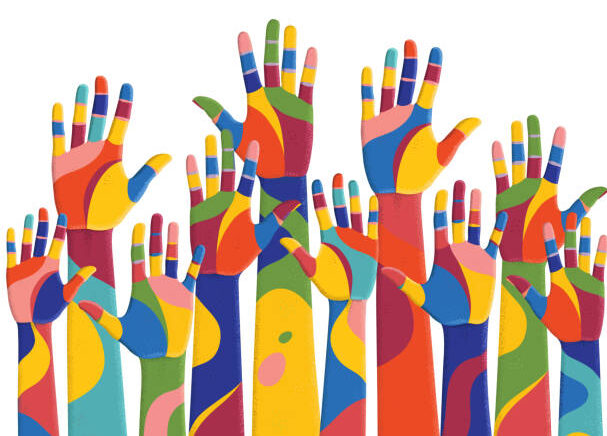Children are the most vulnerable members of society and therefore require special attention and protection. The United Nations Convention on the Rights of the Child outlines a set of basic rights that every child is entitled to, including the right to education, healthcare, and protection from abuse and exploitation. However, in South America and the Caribbean, many children face significant obstacles to the realization of their rights.
Migrant children in the region face numerous challenges, including discrimination, exploitation, and a lack of access to basic services such as education and healthcare. Many children who migrate to the region are forced to drop out of school, either because they are unable to continue their studies in a new country or because they are required to work to support their families. The lack of access to education can have long-term consequences for these children, limiting their opportunities and perpetuating the cycle of poverty.
Another significant obstacle for children in the region is violence. Many children are exposed to violence in their homes, schools, and communities, including physical, sexual, and emotional abuse. This can have a profound impact on their mental health and well-being, and can even lead to long-term physical and psychological damage.
Furthermore, many children in the region lack access to basic healthcare services, which can have serious consequences for their health and development. Malnutrition, poor sanitation, and infectious diseases are just a few of the many health challenges that children in the region face.
To address these challenges, it is essential that governments, civil society organizations, and the international community work together to protect and uphold the rights of children in the region. This includes ensuring access to education, healthcare, and protection from abuse and exploitation, as well as addressing the root causes of violence and poverty.
Efforts must also be made to combat discrimination and promote tolerance and understanding, by creating safe spaces for children to learn and play. This may involve providing training and support to teachers, healthcare workers, and other professionals who interact with children on a daily basis, as well as working with local communities to foster inclusion and acceptance.
Protecting and upholding the rights of children in South America and the Caribbean is essential for creating a brighter future for all. By addressing the challenges that these children face and working together to ensure their access to education, healthcare, and protection, we can help to create a more just and equitable society for all. It is our responsibility to ensure that every child has the opportunity to reach their full potential and lead a healthy and fulfilling life.

